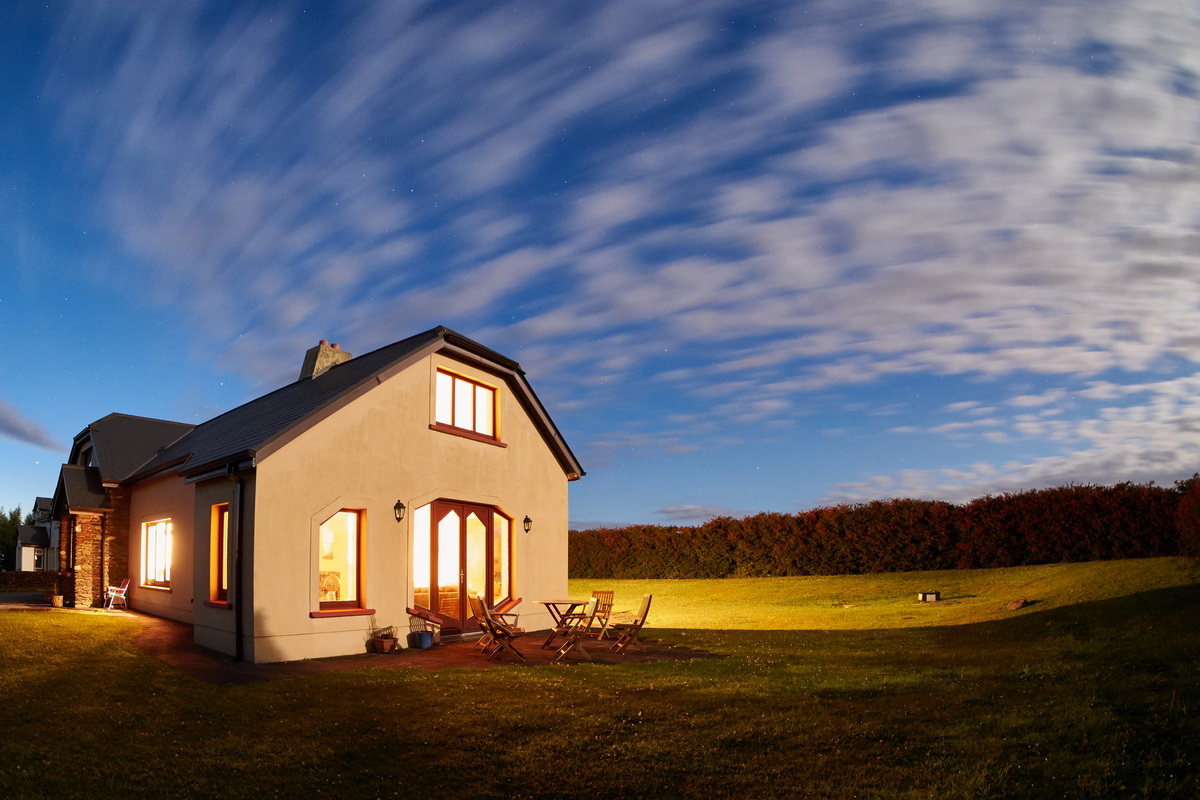Becoming Renewable
Becoming Renewable

With the twin goals of reducing costs and maximizing sustainability, pressures on building design, operation and performance continue to grow. Today’s trend towards low-energy building or so-called “nearly zero energy buildings” reflects radical changes in the way buildings are being designed and constructed to reduce their environmental impact.
More than a quarter of Europe’s CO2 emissions come from heating, lighting and running appliances in our homes. 80% of this is attributed to our space heating and hot water alone. Clearly, we must find alternatives and more efficient means of heating our homes and water
Heat pumps harvest energy stored in the ground, air or water and convert it into an environmentally sustainable indoor climate for the building. Because no fossil fuels are burnt, heat pumps are extremely environmentally friendly and help you achieve your emissions targets.
Air and ground source heat pumps have the potential to reduce your home’s CO2 emissions by up to 75% and can act as your individual contribution to the commitment to source 32% of European energy from renewable sources by 2030.

The Renewable Heat Incentive (RHI) will provide financial incentives to projects which install heating systems that harness renewable energy sources in order to encourage industrial and commercial heat consumers to switch to greener technologies. It will be open to the commercial, industrial and public sectors. This includes small businesses, hospitals and schools as well as district heating schemes and agricultural uses.
This is about to be introduced into the Republic of Ireland by the Department of Communications, Climate Action and Environment to meet the challenges set by 2020 renewable energy targets.
Contact
If you have any questions please contact us
Write to us
Representative in Ireland
Heat Pumps Ireland
- Coes Road
- Dundalk Co. Louth
- 042-93 386 88
- info@heatpumpsireland.com